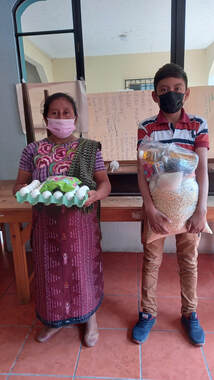 Student receiving monthly sponsored food basket!
Student receiving monthly sponsored food basket! Since March of 2020, the Guatemalan government has been issuing COVID-19 safety protocol for schools, beginning with remote only learning for the remainder of the 2020 school year. Johanny Quieju, Pueblo a Pueblo’s Primary Education Scholarship Project Manager explained that this shift to remote learning was especially challenging in the rural communities that Pueblo a Pueblo serves because of a lack of technology and internet access. She shared that parents were very concerned because they felt ill equipped to support their students during remote learning, and without the constant presence of teachers, students sometimes had nowhere to turn with questions. Along with the communication barriers between students and teachers, Johanny explained that the economic and emotional turmoil of the uncertain year were very hard on beneficiary families.
For all of these reasons, Johanny, along with students, parents, and teachers are extremely excited about this school year’s shift to hybrid learning. The Guatemalan government now permits limited in person instruction following social distancing and other COVID-19 safety precautions. Primary school students are attending “hybrid classes” where 2-3 days of instruction each week are in person, and the other days are remote. Each grade level is grouped into “bubbles” of ten students that rotate through weekly schedules of alternating in person and remote learning in accordance with government safety guidelines.
Although hybrid learning is not a complete return to “normalcy,” students and teachers are thrilled to be back in the classroom where academic support and learning enrichment materials are more readily available. The face to face communication that comes with in person instruction is vital to the continued academic success of our sponsored students. Johanny explained that during the pandemic, teachers have been very concerned about the limited time they have been able to spend answering questions and connecting with students. As such, hybrid learning is a welcome step toward resuming the important connections that the classroom space fosters!
This past year has undoubtedly been one of the most challenging for our students and their families, but with the help of our donor community, we have been able to provide vital support! Throughout the pandemic, Pueblo a Pueblo has delivered hygiene kits, school supplies, and even emergency food baskets to vulnerable families.
As we continue to work through the persisting challenges related to COVID-19, we remain steadfast in our mission to empower students to learn and grow as change makers in their communities. We are looking forward to supporting our students through this next phase of hybrid learning, and are extremely grateful for your help in making that a possibility! If you would like to sponsor a student, or if you are an existing sponsor who would like to provide your student with a monthly food basket, you can do so using the following link!

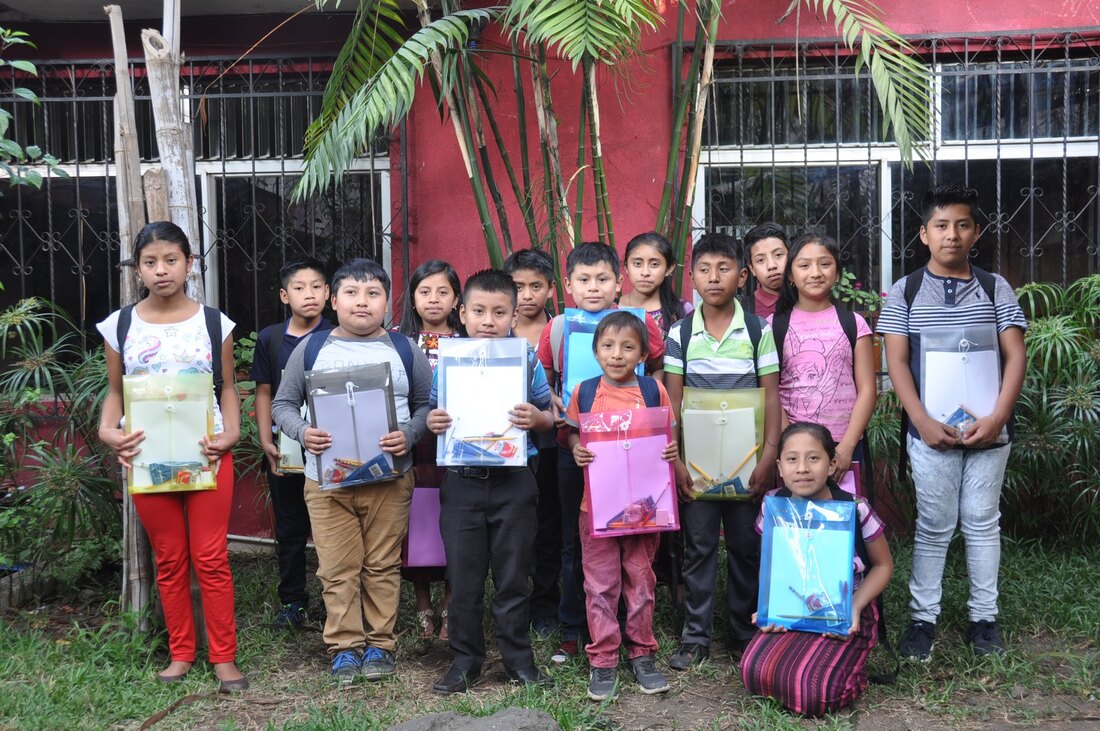
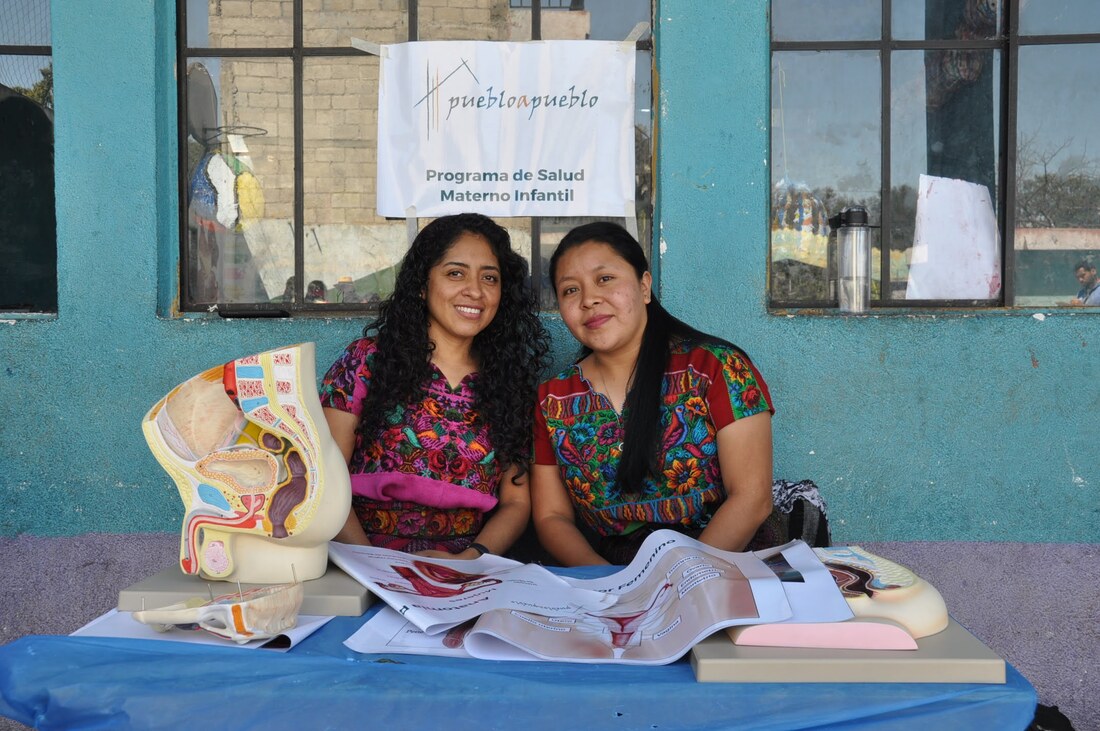
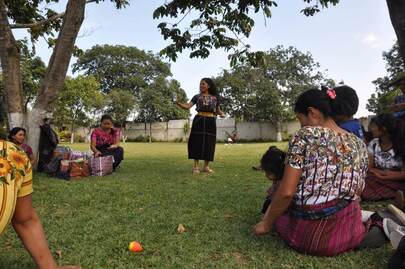
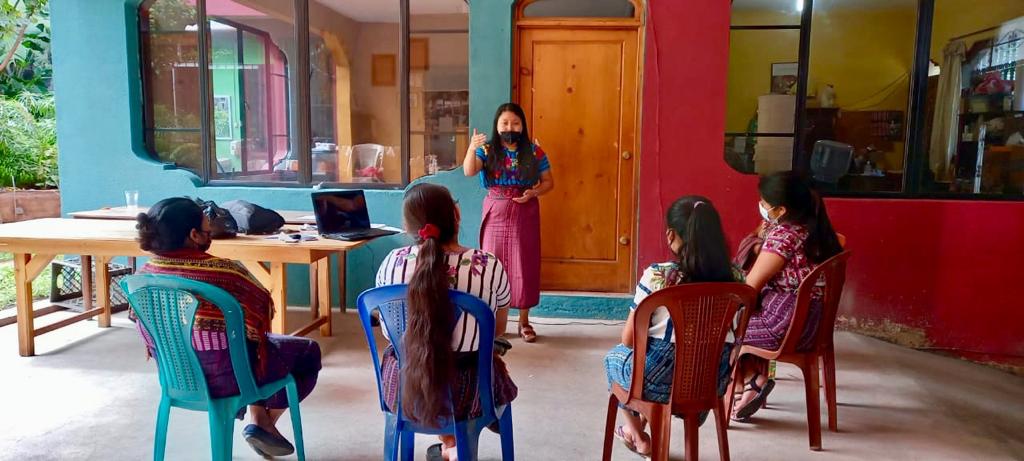
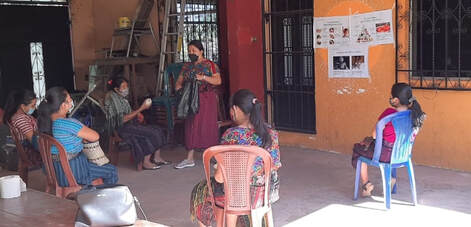
 RSS Feed
RSS Feed